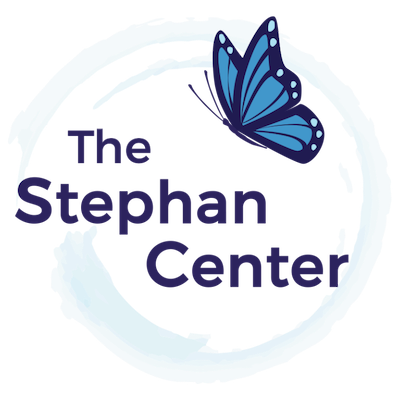
“I need a Daddy to be a Child”
Written by Adam Gettinger-Brizuela, MA, CATC-IV
It has long been recognized that one of the foundations problems in our society is the absence – some say exclusion of fathers from their children’s lives. This separation has negative consequences for the men involved as well as the children, and, ultimately the society as a whole.
Beginning in January 2011, California counties were strongly encouraged to step up their efforts to provide father inclusion and engagement services. When social workers and family service professionals open their hearts to fathers as redeemable persons, it’s a win-win. When absent fathers are reunited or reengaged with their children, it’s a “win-win-win.”
Direct services to fathers with challenges are now being addressed and provided. These include the obvious and most important components:
CONNECTION; Finding Fathers when they are absent and helping them reconnect when they have been separated from their children.
AFFINITY; Father inclusion workers have found that many fathers like to get together for informal fathers-only support groups (and often prefer to call them something else). This need for an affinity group is natural, and allows for more candor among the participants. The groups are best when facilitated by fathers with counseling and life experience, and have been very successful.
INCLUSION ISSUES; Most fathers in need of inclusion services have or have had life issues such as addiction, incarceration, domestic violence, child welfare cases, homelessness, joblessness, mental challenges or anger management. They are usually challenged with dealing with restraining orders, probation or parole conditions, recovery maintenance, child visitation, and child support or child custody.
SOLUTIONS; We have found that confronting the presenting issues and challenges head-on in the groups, as men working together, has very positive results. Problems are more easily identified and rendered less bewildering when a father is supported by other men who have “been there” or are still in the “same boat.” The brotherly connection can become very strong among these fathers.
CHILD WELFARE; When an open child welfare case exists, we encourage the fathers to assert themselves as equal co-parents and viable placement options for their children. Fathers should be included in all child welfare decisions, and can request community support at Team Decisions Making meetings. Adequate free services to help fathers learn fathering skills can and should be provided.
RESOURCES; Fathers, families and professional supporting them need viable resources to assist in meeting needs and strengthening Father-Child/family relationships. These agencies and collaborative groups will assist Fathers, families and professionals in California and nationally.
POPS ( Paternal Opportunities, Programs and Services)
Adam Gettinger-Bruizela MA
The Stephan Center
Victoria Stephan
Strategies
Roderick Elzy
RIOSS Regional Fatherhood Network
Collaborative Groups
- Riverside County: Gabe Pimental – wwwgabepimental@outlook.com
- Imperial County: mark.perez@hotmail.com
- Orange County: oc4kids.com > Family to Friend
- San Bernardino County: rberryman@roadrunner.com
- San Diego County: C Kahalia King; harmoniouslifesolutions.org
American Coalition for Fathers and Children; acfc.org
National Center for Fathering; fatherhood.org
National Latino Fatherhood and Family Institute; nlffi.org
Black Dad’s Connection; blackdadsconnection.org
Native American Fatherhood and Families Assn; nativeamericanfathers.org
Click Here for Article PDF

 Donate Today
Donate Today